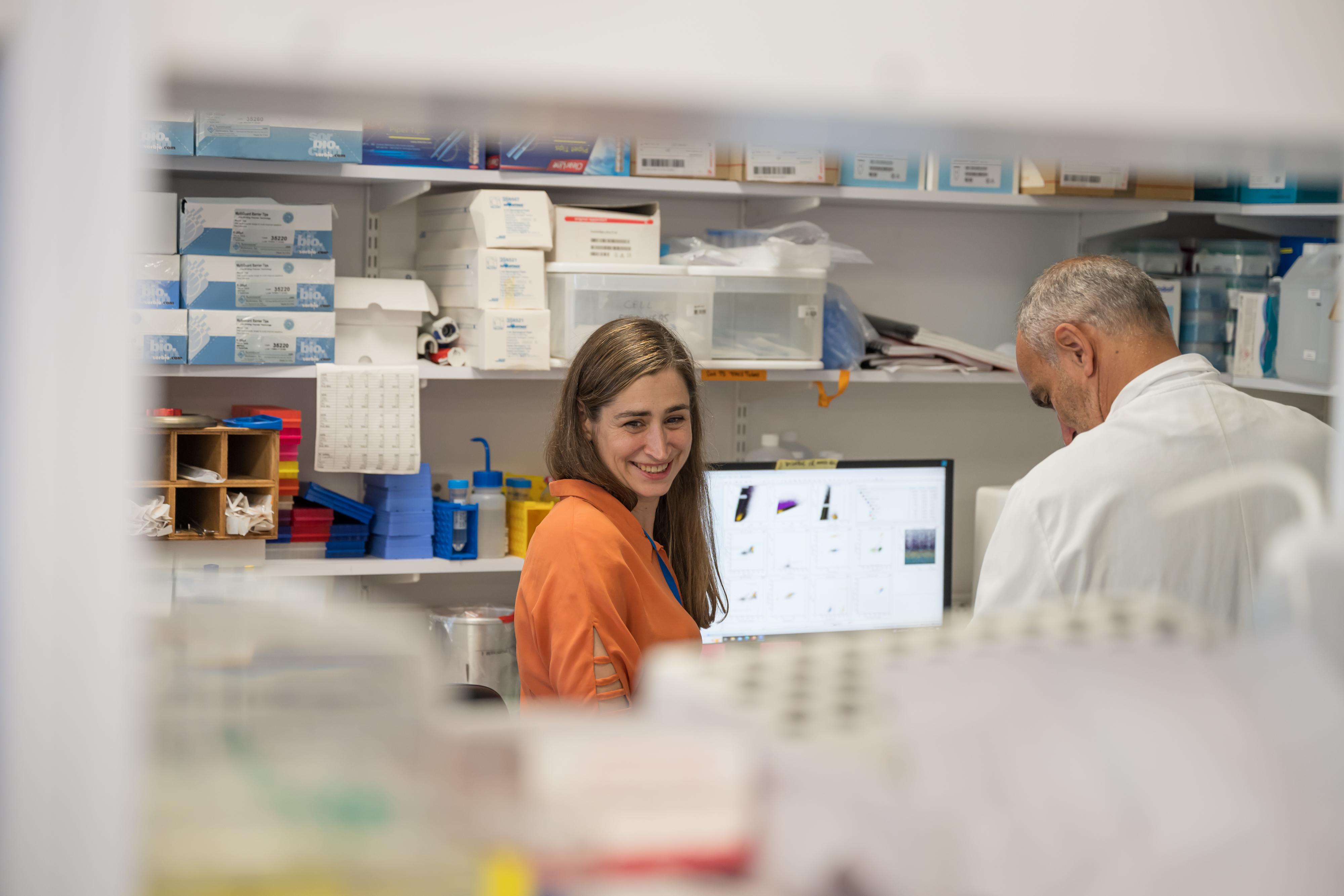In the United Kingdom, a mother gave birth to twins… But, extremely rare, they were three weeks apart, which means that one of the embryos was already present when the second arrived.

- No explanation is currently given for cases of superfetation, when an already pregnant woman is fertilized again
- Normally, ovulation stops as soon as pregnancy begins
This phenomenon is called superfetation. This can be defined as the fact that a woman who is already pregnant becomes pregnant a second time at the same time. In other words, that two embryos develop several days apart. Finally, the mother carries two babies, conceived at different times. This situation is extremely rare. According to a study published in 2008there would be less than ten cases described in the international scientific literature.
Discovery of a second fetus after 12 weeks of pregnancy
Yet it happened to a 39-year-old English woman. Last September, she gave birth to twins, Rosalie and Noah, from a superfetation. It was the little girl who came second, when her brother’s embryo was already developing in her mother’s womb. The latter was only informed of the situation after twelve weeks of pregnancy, during an ultrasound. The images showed a three-week age gap between the two fetuses, making this superfetation an even rarer case. Indeed, until now, such a difference had never been observed.
After three weeks in intensive care, Rosalie is fine
The story ends well, since the two twins are now part of the family. But, before this happy ending, the couple went through hard times. For several years, they tried to conceive a child naturally, in vain. Eventually, they underwent infertility treatment. This double pregnancy was good news at first, but very quickly the doctors decided that the second baby, Rosalie, would not survive. When she was born, she was taken care of in neonatal intensive care for more than three weeks. After all these ordeals, babies and parents are fine.
No high risks in case of superfluity
But how to explain this phenomenon of superfluity? Normally, a woman’s uterus is not made to receive the second implantation of an embryo if she is already pregnant. Especially since, normally, when pregnancy begins ovulation stops. Scientists have put forward several hypotheses to understand superfetation but, so far, none have been confirmed and scientifically established. However, as in the case of Rosalie, are the doctors still worried about the state of health of these future babies? Is it dangerous? Obviously, this double pregnancy is generally closely monitored by the medical profession. Risks exist, in particular on intrauterine growth retardation of the second fetus and, ultimately, on the size of the future baby. In the worst cases, practitioners fear an anomaly in the chromosomes. But, so far, a significant part of scientists believe that the risks are no higher than those of pregnancies of twins not born of superfluity.
.

















